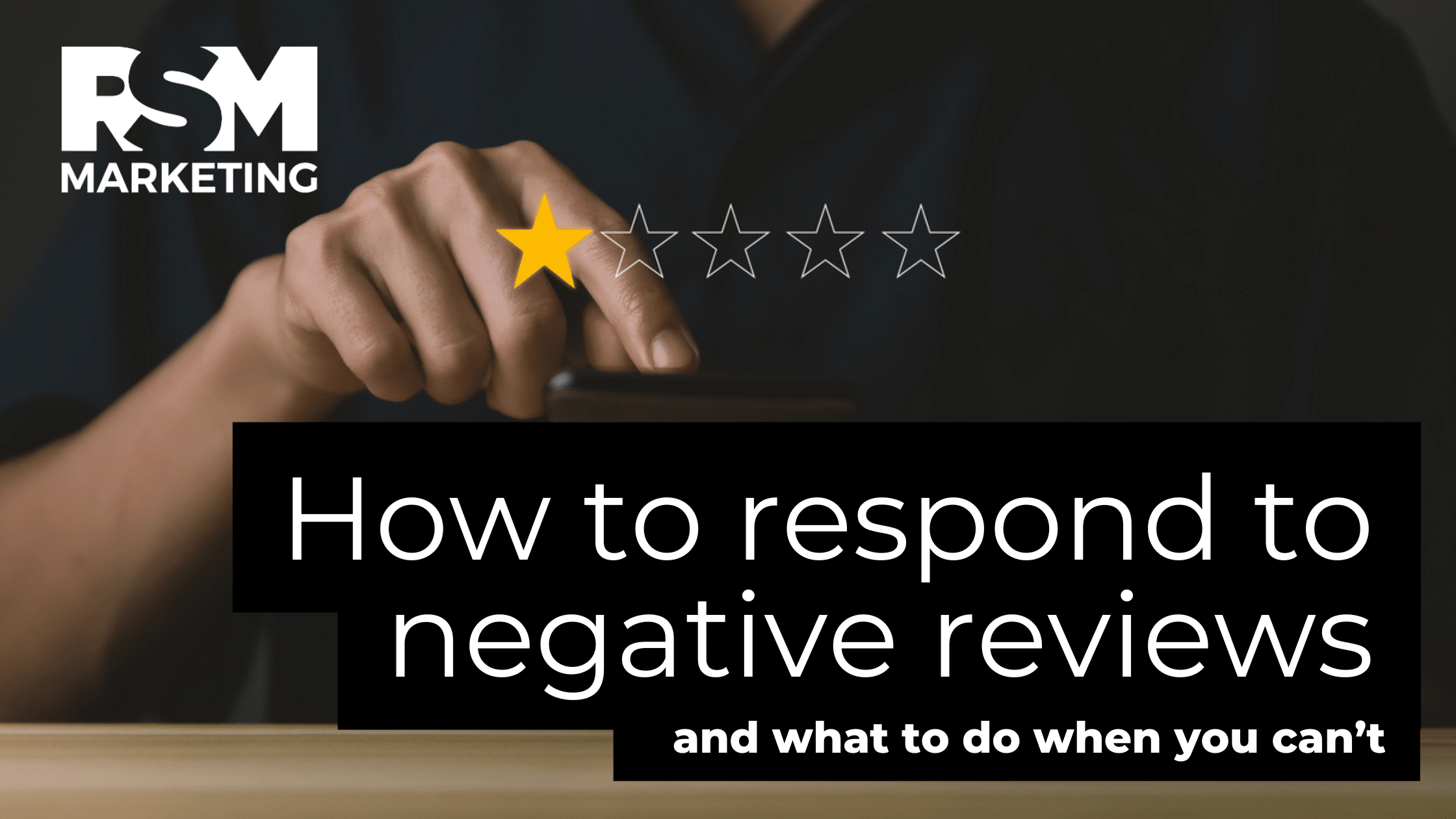On October 17th, a long-rumored and much-talked-about adjustment to Google’s Penguin algorithm arrived, taking many website owners by surprise. This latest update to Google’s Penguin algorithm—dubbed Penguin 3.0—may only impact as little as 1% of English queries. Then again, if your business relies on queries that are in the 1% penalized by Google Penguin 3.0, it could be a very big deal for you indeed. After all, past Google updates have very nearly bankrupted companies that relied heavily on penalized SEO practices.
Remember: the ultimate goal of just about every search engine algorithm update is to return more relevant search results to users. In order to maintain its position at the top of the search engine food chain, Google relies on its algorithms to ensure that they deliver the most relevant possible search results.
So What is Penguin 3.0?
When someone does a Google search, Penguin 3.0 makes sure that the user gets the best possible results they’re looking for—each update to that algorithm is a further attempt to fight spam as well as links from low-quality sites. Earlier Penguin updates targeted “black hat” practices often offered by cheap SEO services, such as bulk link building packages that offer to build links through commenting, forums, article directories, social bookmarking sites, and so on. Any and all inbound links from low quality sites were a target.
Penguin 3.0 is doing much of the same stuff, “erasing” the value of bad site links and targeting “guest blogging services.” Whenever a new update like this is rolled out, it’s easy to panic. However, it’s much better to look at the new update as an opportunity to see if your link-building and other SEO strategies are going to stay strong in the long term.
So Why Does This Matter to My Website?
In spite of that small 1% figure above, there are three big reasons why the Penguin 3.0 update should matter to every website owner.
- While it may be too early to tell exactly how this new update works, it’s already obvious that it does work. Websites that are penalized by Google Penguin 3.0 are already seeing their search rankings drop.
- If you see any changes in your search rankings as a result of Penguin 3.0, it’s time to take a hard look at your SEO strategies. If you’re afraid that your site may be in jeopardy, you can use an online “website penalty indicator” to look up your own website and others and see if and how they’ve been affected. Even sites that have never actively engaged in “black hat” practices may find themselves penalized by Google Penguin 3.0 or other Google algorithm updates.
- You should always be wary of SEO services that sound too good to be true, or that build links through low quality content or “guest blogging services.” Penguin 3.0 is further proof that Google is taking a hard look at links and their value.
So What Do I Do Now?
While link building is an important part of most SEO campaigns, there are better and worse ways to go about it. No matter your budget you can still promote your website and come out a winner with content strategy, social media, email marketing, and, of course, product quality.
There is only one thing that is guaranteed to be Google update-proof: fantastic content that offers site visitors immediate and authoritative answers to their questions and relevant and innovative information about topics that interest them.
Instead of brainstorming ways to “beat” Google’s algorithm, try thinking of tried and true SEO practices that will work with Google’s updates. After all, their goal is really the same as yours: Making sure that users get the kind of high quality, unique content that they’re looking for. All you have to do is make sure that you’re the one providing that content.





